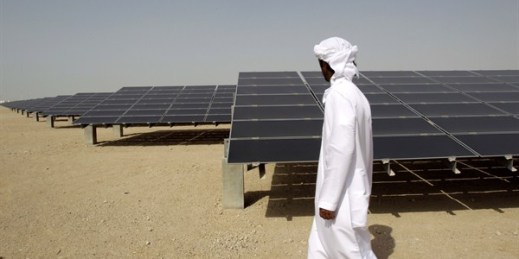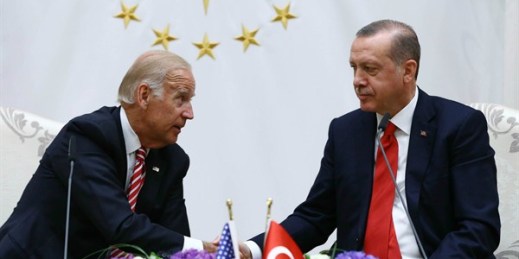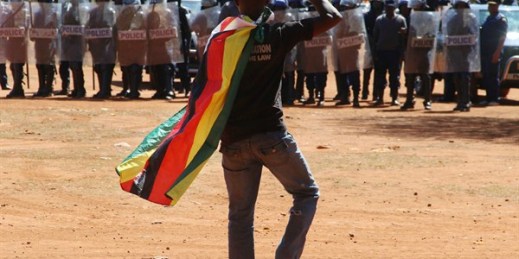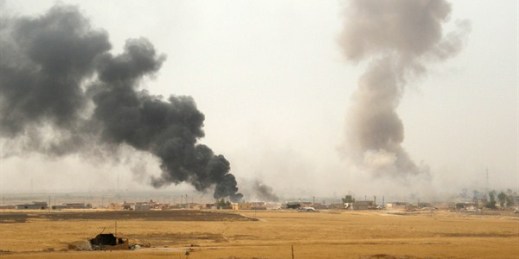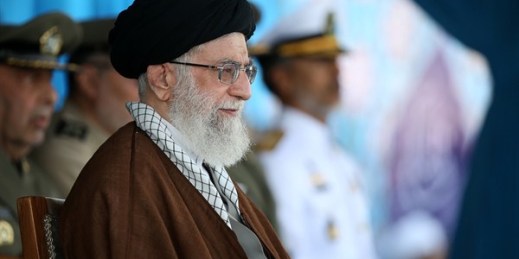
Iran has had the chance to change how it engages with the outside world as a result of the nuclear agreement it signed with world powers a year ago, and also as a key player in the crises that haunt the Middle East. But there’s little sign that Tehran wants to take a new tack in its relations with the West or with its neighbors, and political forces in the U.S. also appear uninterested in prospects for normalization with Iran. Instead, Iran’s supreme leader, Ayatollah Ali Khamenei, seems bent on ensuring that the nuclear agreement signed in July 2015 does […]

